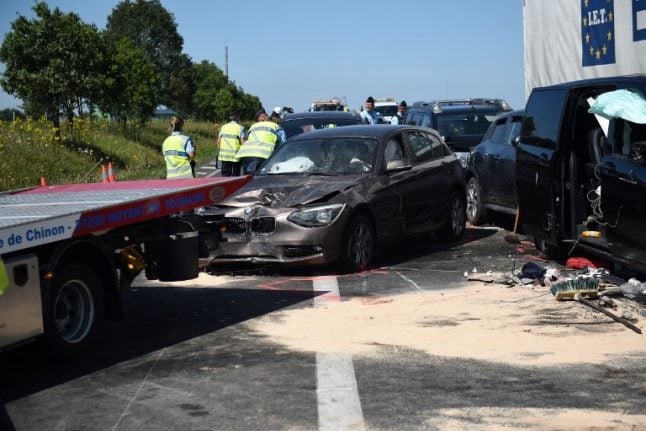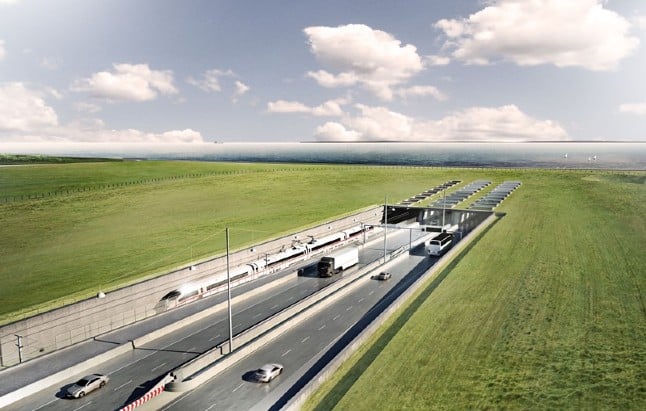New figures released on Monday revealed that 253 people were killed on the roads in France in February, a 17.1 percent increase on the same time last year.
It follows another rise in January when there was a 3.9 per cent increase on road deaths, compared to the previous year, which followed on from a historic low in fatalities in 2018.
The French government blamed January's steep rise fairly and squarely on the yellow vest movement in recent months, during which some 60 percent of speed cameras on France's roads have been vandalised or put out of action.
This month the government pointed the finger once again at the wanton vandalism but also worsening driving habits as a result of the destruction of speed cameras.
“After the increase in road mortality observed in January 2019, the effect of the destruction of fixed speed cameras is amplified and result is a worsening of driving behaviour on all roads.”
READ ALSO:

The government says that 60 percent of France's speed cameras have been vandalised. Photo: AFP
There was also a sharp rise in the number of injury crashes (up 22.3 percent to 4,091) and people injured on the roads (up 21.5 percent to 5,021).
The statement from the government's road safety body securité routiere added: “The sharp increase in road deaths recorded last month is mainly for pedestrians, cyclists, young people aged 18-24 and seniors aged 65 and over.
“Cyclist mortality is the highest recorded for the month of February for the last 10 years, with 18 deaths estimated.”
The rise in deaths was particularly marked on out-of-town roads.
In 2018, 3,259 people died on French roads, down from 3,448 in 2017 and a record low.
That was a historic low for deaths on French roads.
Prime Minister Edouard Philippe said the figures vindicated the controversial lowering of the speed limit on secondary roads to 80km/h from 90km/h.
Although motorist groups contested this theory, claiming road deaths had been falling for many years.
But the speed limit change as well as speed cameras in general proved one of the main sources of anger among “yellow vest” protesters in the regions.
The government estimates that 60 percent of cameras on the French road network have been attacked, vandalised or set on fire since the yellow vest movement began.
Government delegate on road safety Emmanuel Barbe warned on Thursday that motorists had grown used to keeping their foot to the floor, a situation he called “extremely concerning”.
He estimated the cost of repairing the damaged speed cameras at €40 million and the lost revenue from speeding fines at €500 million.
In December, the road safety department had already recorded a 268 percent increase in speeding offences recorded by the radars.




 Please whitelist us to continue reading.
Please whitelist us to continue reading.
DEFINITION: Today’s “populism” — a movement by angry, “inadequate personality” individuals who are fear based, under-educated and/or unable to cope with the 21st century, led by far more cynical nihilists who are acting out their own childhood abuse by enlisting fools to do their wrecking and burning for them. A fake “political” movement, and one which shows the faulty brain wiring of most post-primate “humans” — that wiring being tribal, overly-fear-receptive and poor at learning.